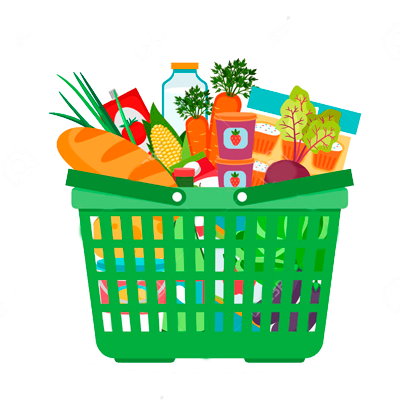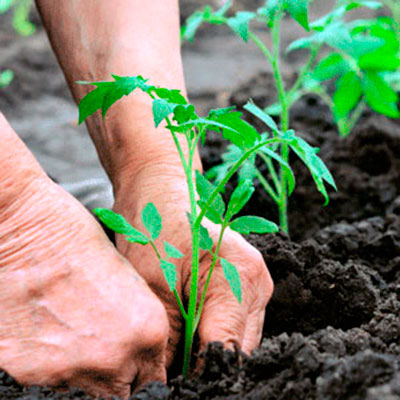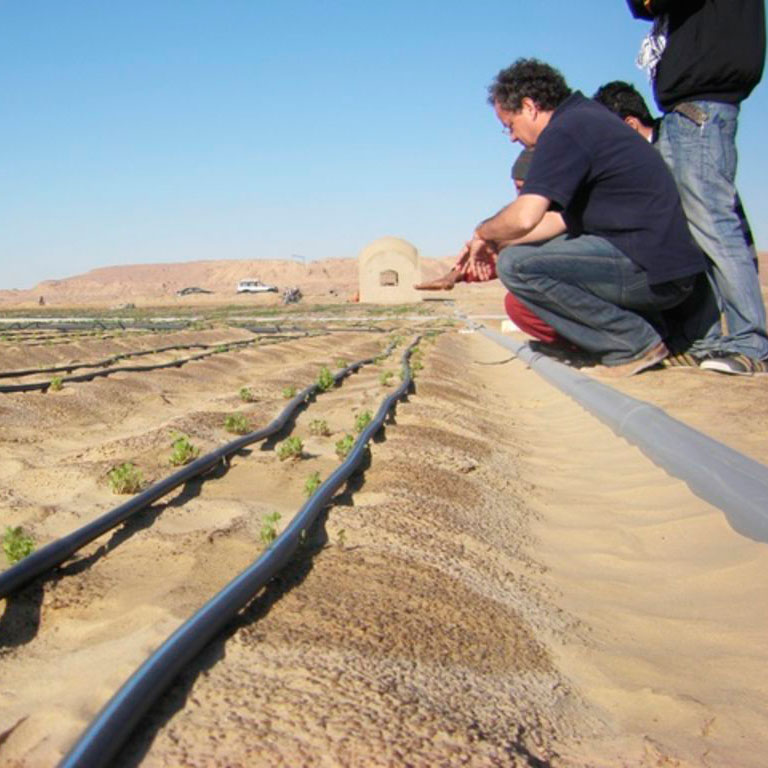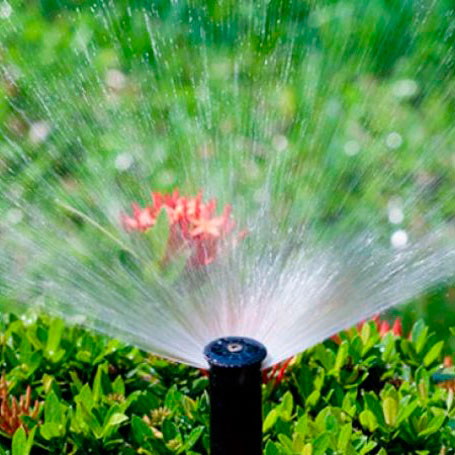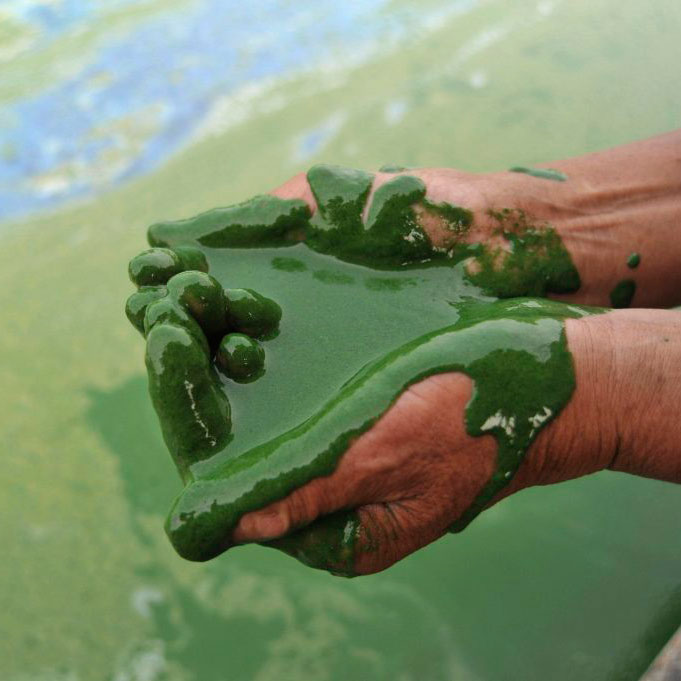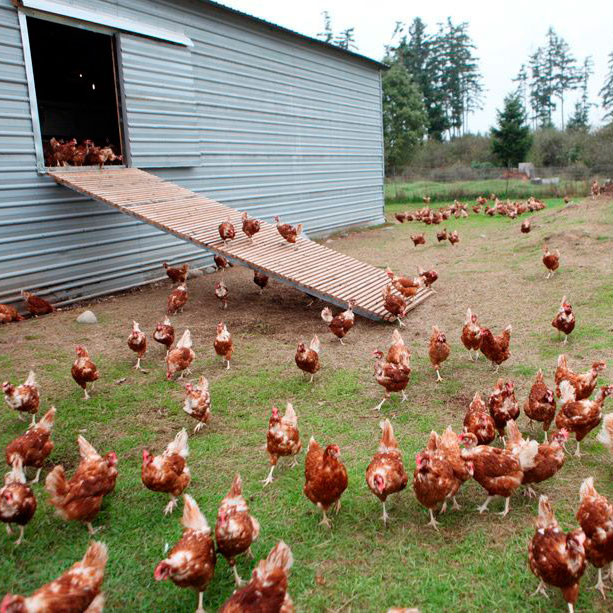Start with a plan: choose what vegetables you need to plant, and where in your nursery they'll be found. Ensure your site gets a lot of sun (at any rate six hours) and is almost a wellspring of water.
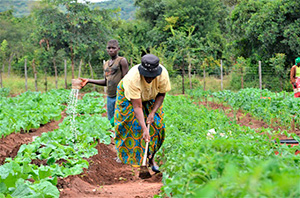 Get your dirt tried to discover what supplements it needs. Your area Extension office can help with this procedure. Buy or start your own transplants or plant seeds straightforwardly in the dirt. Water and prepare varying, and look out for bugs.
Get your dirt tried to discover what supplements it needs. Your area Extension office can help with this procedure. Buy or start your own transplants or plant seeds straightforwardly in the dirt. Water and prepare varying, and look out for bugs.Spring
Spring crops incorporate sweet corn, cucumber, tomato, watermelon, and a few sorts of beans. For best outcomes, pick assortments suggested for Florida.
You can plant seeds straightforwardly in the dirt, use transplants, or start your own transplants six to about two months before planting time. For spring gardens in North and Central Florida, the planting time for most ice delicate plants is in March. In the event that you plant prior, be set up to cover your delicate vegetables to shield them from late ices. Ice tough vegetables might be planted a lot before. Obviously, in South Florida, you can plant "spring" vegetables in the fall and winter, up until February or March. Plant sufficiently early with the goal that your vegetables have the opportunity to develop before the warmth of summer kicks in.
Summer
A bunch of vegetables will do well in the mid year heat, including sweet potatoes, southern peas, cherry tomatoes, and okra. There are likewise some lesser-known tropical vegetables you can attempt, similar to cassava or Malabar spinach. Some spring crops like peppers and eggplant may proceed into the mid year. For whatever length of time that the plants are sound, there's no compelling reason to expel them in the event that they're despite everything creating organic product.
On the off chance that you want to give your nursery a rest throughout the late spring, exploit the mid year sun to solarize the dirt. This executes nematodes, weeds, and other hurtful vermin with heat. Peruse increasingly about soil solarization.
Fall
In Florida, fall is a fantastic time to begin a vegetable nursery. Cool-season vegetables to plant in October incorporate broccoli, lettuce, carrots, Brussels sprouts, and radishes.
In case you're planting in a zone previously utilized for spring and summer crops, be mindful so as to evacuate all dead or ailing plant matter, including roots.
You might need to have your dirt re-tried to check the pH level and to figure out what supplements you may need to include. Till your dirt half a month prior to planting, and afterward include natural issue, for example, dairy animals fertilizer or manure.


